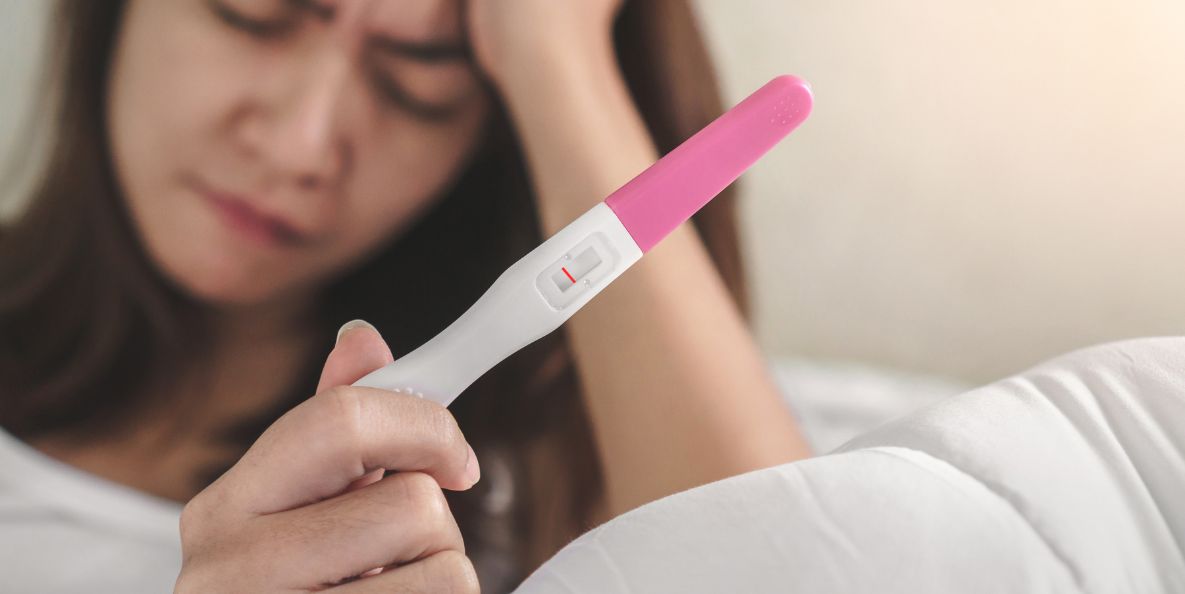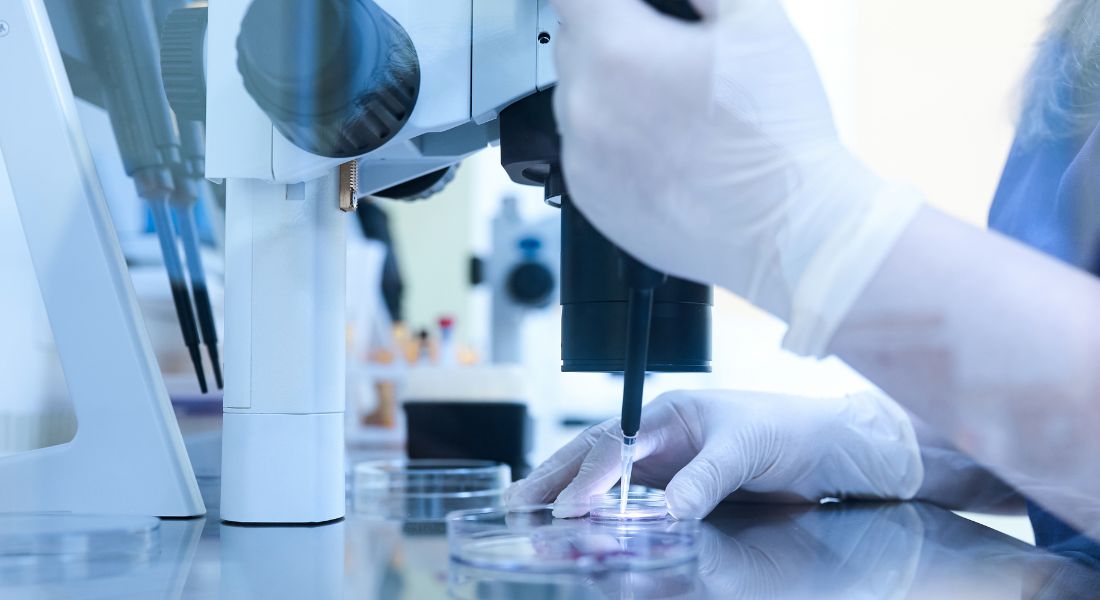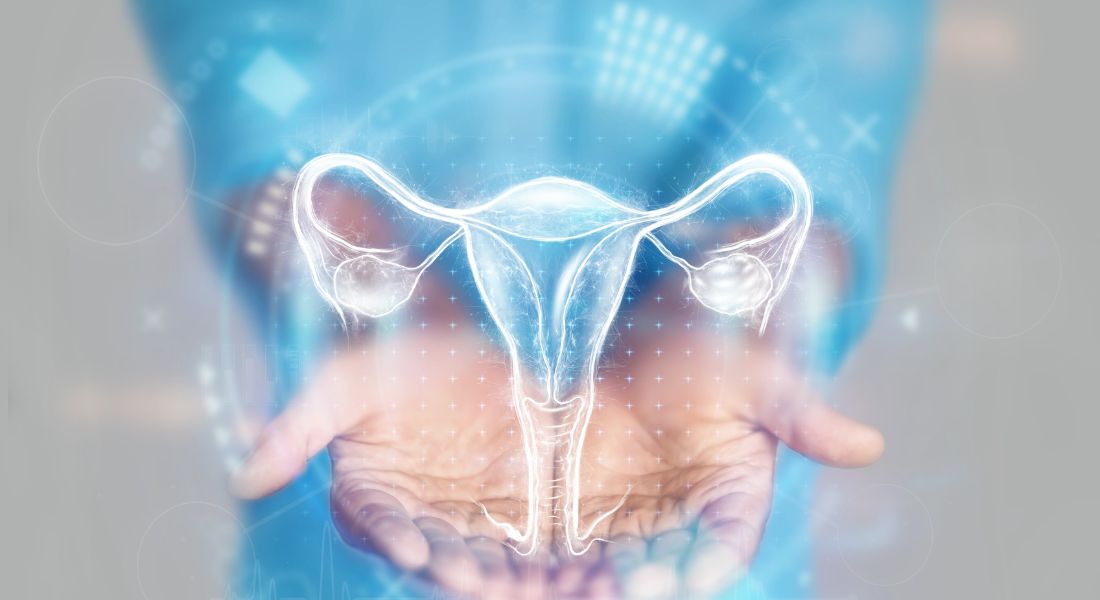Categories
How to know if you are a good candidate for Ovulation Induction?
Jun 25, 2022
Ovulation induction is a fertility treatment wherein ovulation in women is stimulated using medications. 30 to 40% of women with infertility have problems with ovulation. Normal ovulation is when the ovary releases a mature egg that would be fertilized. It occurs once every 28 to 30 days during a woman’s regular menstrual cycle.
A normal menstrual cycle has three phases:
Follicular stage – In this stage, the body alters the level of hormones to stimulate the follicles. This leads to one follicle becoming dominant and creating one mature egg.
Ovulatory stage – In this stage, the mature egg is released and it travels to the fallopian tubes where the sperm might find it and fertilize it.
Luteal stage – In this stage, the dominant follicle secretes hormones to prepare the uterus for a possible fertilized egg (embryo).
Irregular ovulation is when ovulation happens less than once every 35 days or is unpredictable. Ovulatory problems short-circuit the normal menstrual cycle and impact the chances of fertilization after ovulation.
BirthRight Fertility by Rainbow is the best centre for fertility treatment in Hyderabad. A team of specialists guide you through ovulation induction in Hyderabad. Along with stimulating the development and release of mature eggs, ovulation induction treatment also helps to increase the number of eggs that mature in each cycle to increase the chances of conception. Known as controlled ovarian hyperstimulation or superovulation, this service is offered as part of IVF treatment in Hyderabad at BirthRight Fertility by Rainbow.
Before forming a treatment plan, our specialists perform certain tests for establishing the cause behind the woman’s ovulation problems. These tests include:
Ultrasound – An ultrasound of the womb and ovaries of the woman would be performed.
Blood tests – Blood tests would be performed to measure the levels of various hormones such as LH, FSH, prolactin, testosterone, thyroid and other androgens.
The specialists at BirthRight Fertility by Rainbow will also check if the ovaries will respond to the ovulation induction treatment. In case of irregular menstrual cycles, hormone assessments may be performed to identify the time of the month when you are fertile. This would help improve your chances of natural conception.
A variety of hormone-based “fertility drugs” might be used by fertility specialists to treat a variety of ovulatory problems. Oral drugs include:
Clomiphene citrate (Clomid) – Clomid is the most commonly used fertility drug and is effective for about 50 per cent of women. It works by blocking estrogen receptors, hence tricking the body into producing more FSH.
Letrozole (aromatase inhibitor) – This drug works by reducing estrogen and is especially helpful when treating women with PCOS who are having trouble with conception.
Metformin (Glucophage)
If oral drugs don’t work, your fertility specialists might use injectable medications such as:
FSH
Gonadotropin releasing hormones
Human menopausal gonadotropin (hMG)
Human chorionic gonadotropin (hCG)
Ovulation induction may be employed by itself or as an element of other assisted reproductive technologies such as IVF and IUI.
Benefits of ovulation induction :
There are various benefits of ovulation induction, such as:
It is non-invasive
It is low-cost, as compared to other fertility treatments such as IVF
It can also be used along with IVF, IUI and other fertility treatments
Who is a good candidate for ovulation induction?
Women with unexplained infertility despite regular ovulation, infrequent ovulation or anovulation are the best candidates for ovulation induction. Women with the following ovulatory problems are also good candidates for ovulation induction:
Hypothyroidism along with high prolactin levels (an ovulatory disorder that results from low FSH)
Polycystic ovary syndrome (an ovulatory disorder wherein the levels of oestrogen and pituitary hormones are normal however ovulation fails to occur)
Diminished ovarian reserve (happens to women over the age of 35 as fertility starts to decline and LH/FSH output is trying to compensate for the loss of fertility)
Risks of ovulation induction :
With ovulation induction, the risk of pregnancy with twins, triplets or more increases. Such multiple pregnancies might increase health risks for the mother and child including preterm delivery, low birth weight, developmental problems in the child and gestational diabetes.
Ovulation induction medications might also cause OHSS (ovarian hyperstimulation syndrome) wherein the ovaries might swell and become painful. It can occur when the drug dose is higher than what the woman’s body can tolerate. Generally, the cases of OHSS are mild with symptoms such as abdominal pain, nausea, diarrhoea and bloating.
In severe cases of OHSS, symptoms such as shortness of breath, dark urine, rapid weight gain, dizziness and all the above-mentioned symptoms might occur.











